Secret Code Words We Hear Often But Never Notice
Mishaps can happen anywhere in this world, including in public places. And the professionals who respond to these issues will have to be discreet if the place is large and secure, like an airport or a hospital.
While it’s important to get the right message to the right person in these crisis situations, they can only be made worse if everyone in earshot is panicking. Therefore, some organizations devise code words that sound innocent enough but carry much more serious meanings for those in the know…
Mayday
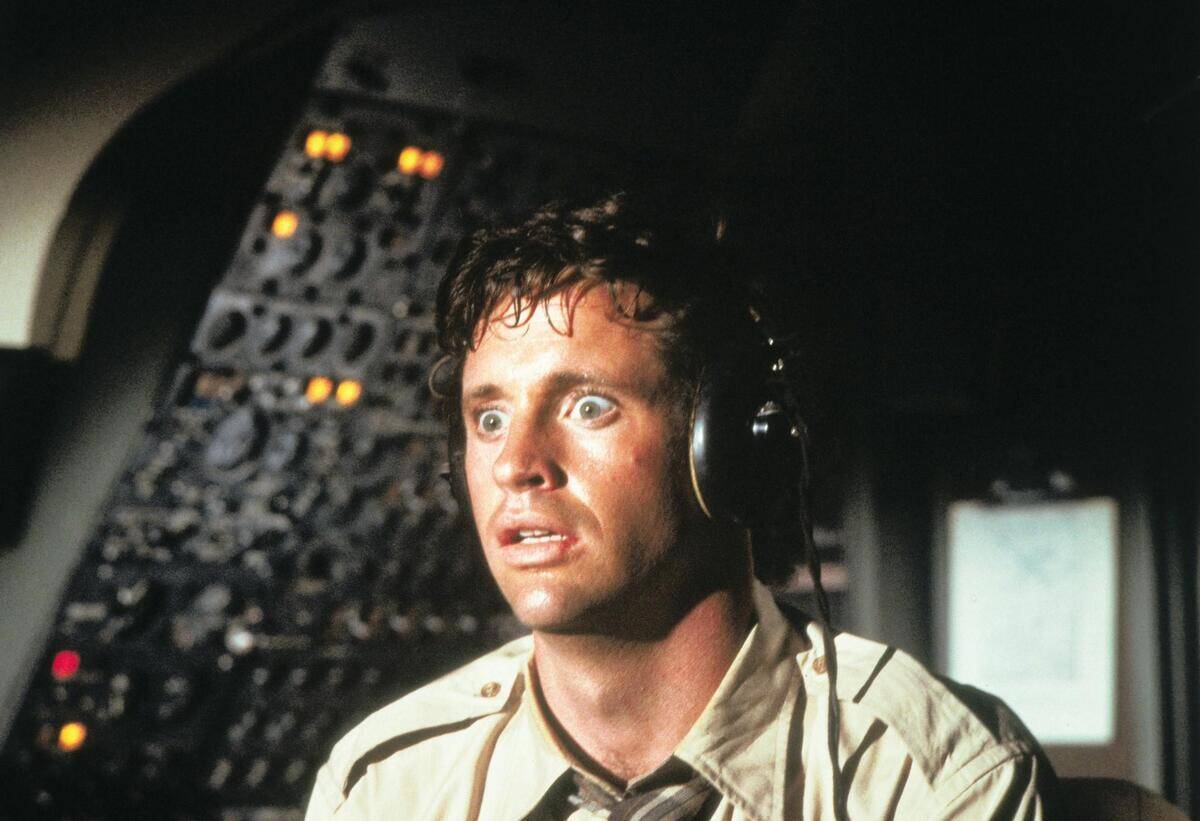
“Mayday” is an accepted international code word used to signal distress and urgently request help. The code word Mayday comes from French and is translated as “Help me.”
According to ATC Communication, a pilot will transmit the radio signal “Mayday” to indicate emergency situations that either caused them to lose control of the plane or that started an onboard fire. The radio signal then serves as an alert for other pilots, air control towers, and rescue teams to be prepared to offer assistance. This is perhaps the best-known code word because of how many movies it’s appeared in.
Code 10
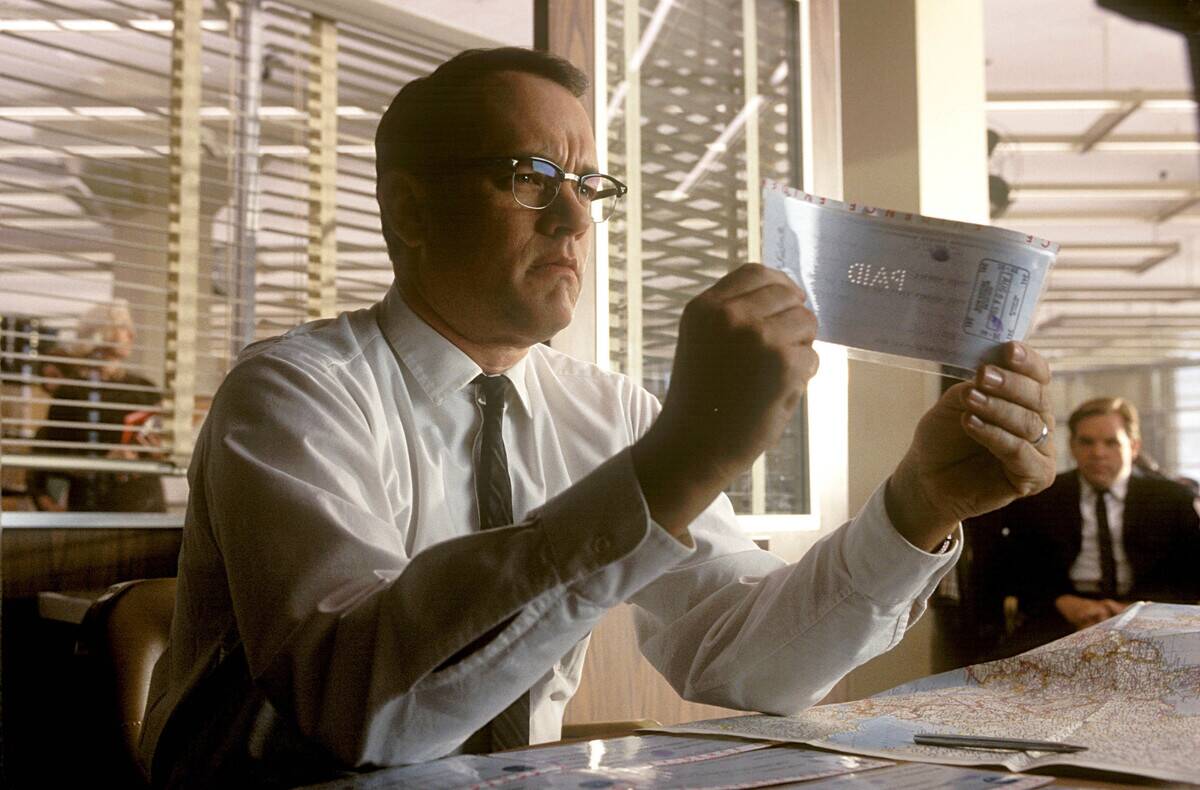
“Code 10” is a phrase used by store employees as a discreet way to alert credit card companies and other staff of a customer’s potential credit card fraud. According to the Financial Department at UC Santa Cruz, employees or their supervisors will use this code when calling a relevant company’s voice authorization center.
They will then speak to an agent trained to ask a series of yes or no questions so as not to arouse the fraudster’s suspicions. Code 10 calls can also be made after the cardholder has already left to prevent further fraud incidents.
Time Check
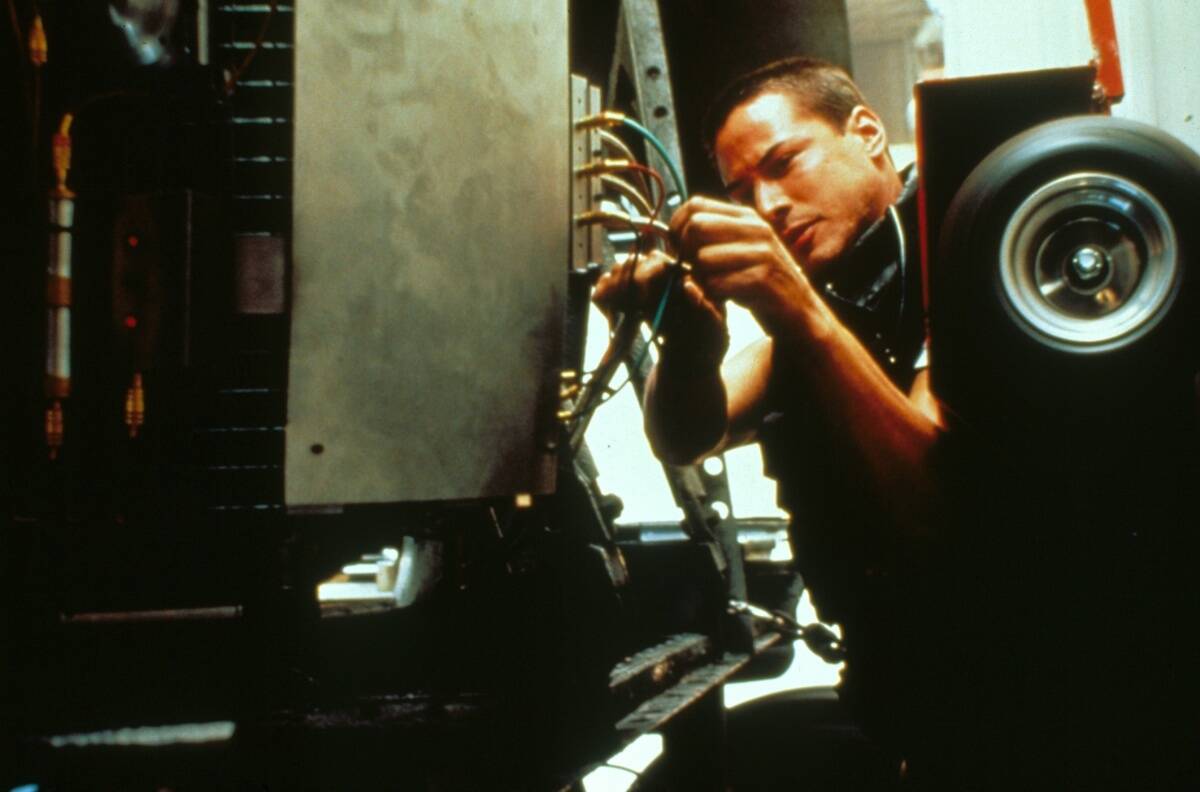
As Metro reported, some department stores — like John Lewis in the U.K. — will implement a code system that sees an employee call for a “time check” over the public address system.
But while it may sound mundane, this code alerts other employees that the person giving the warning has reason to believe that someone planted an explosive device on the premises. Whether it’s because of a threat or a suspicious package, a “time check” should serve as an immediate sign that it’s time to leave the store.
Mr. Mob or Oscar, Oscar, Oscar

It seems to depend on the cruise line, but there are some cruise ships where a passenger could suddenly hear a call for “Mr. Mob” or simply the code phrase “Oscar, Oscar, Oscar” over the boat’s PA system.
And according to reports from ABC 33 and Cruise Ship Traveller, both of these codes indicate that someone has fallen overboard. After all, “mob” stands for “man overboard,” and Oscar corresponds to “O” in the military alphabet.
Pan-Pan
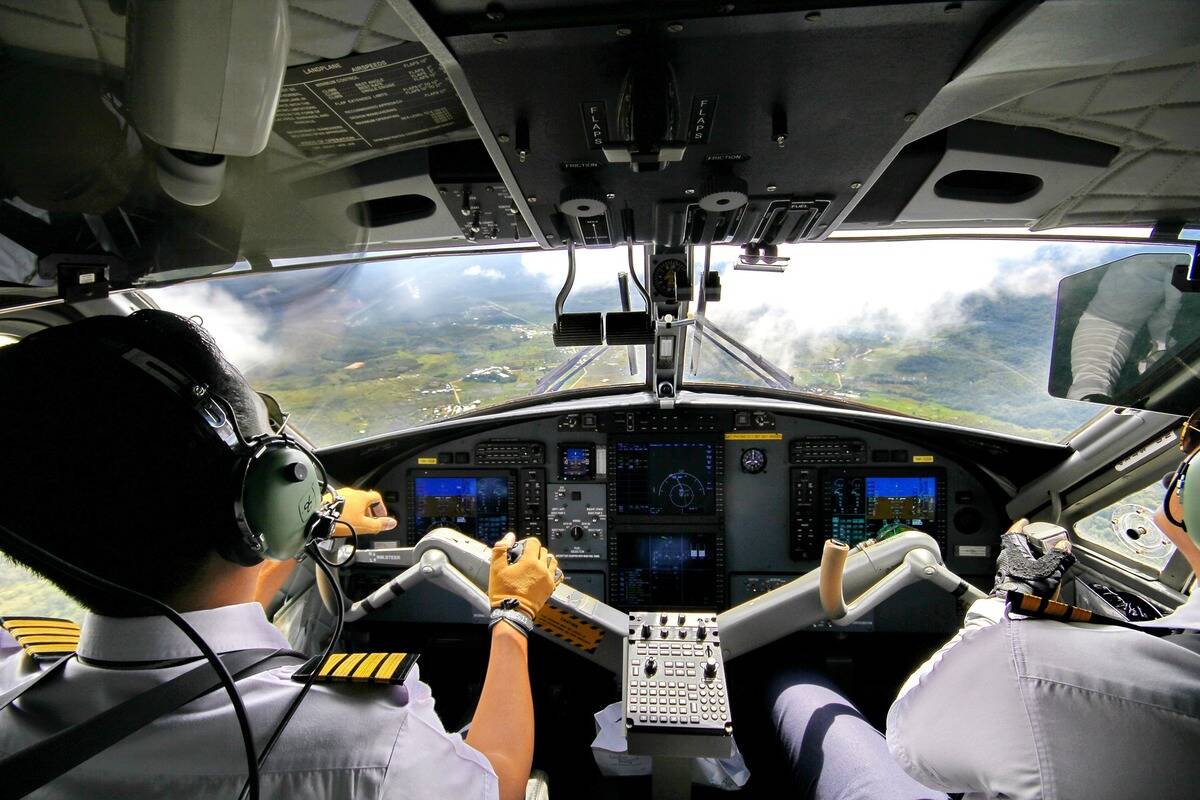
Pilots use the code word “pan-pan” as a means of communication to indicate an urgent but not life-threatening situation. This code
word is useful for pilots because it allows for a clear priority system
in radio communication. By using the code word “pan-pan,” pilots can
quickly and effectively notify other pilots and air traffic control of
their situation.
As for what kind of situations call for this phrase, ATC Communication explained that it’s typically used when a system failure on the plane requires an altitude or route change. The other most common use is when the pilot loses track of their location.
Inspector Sands
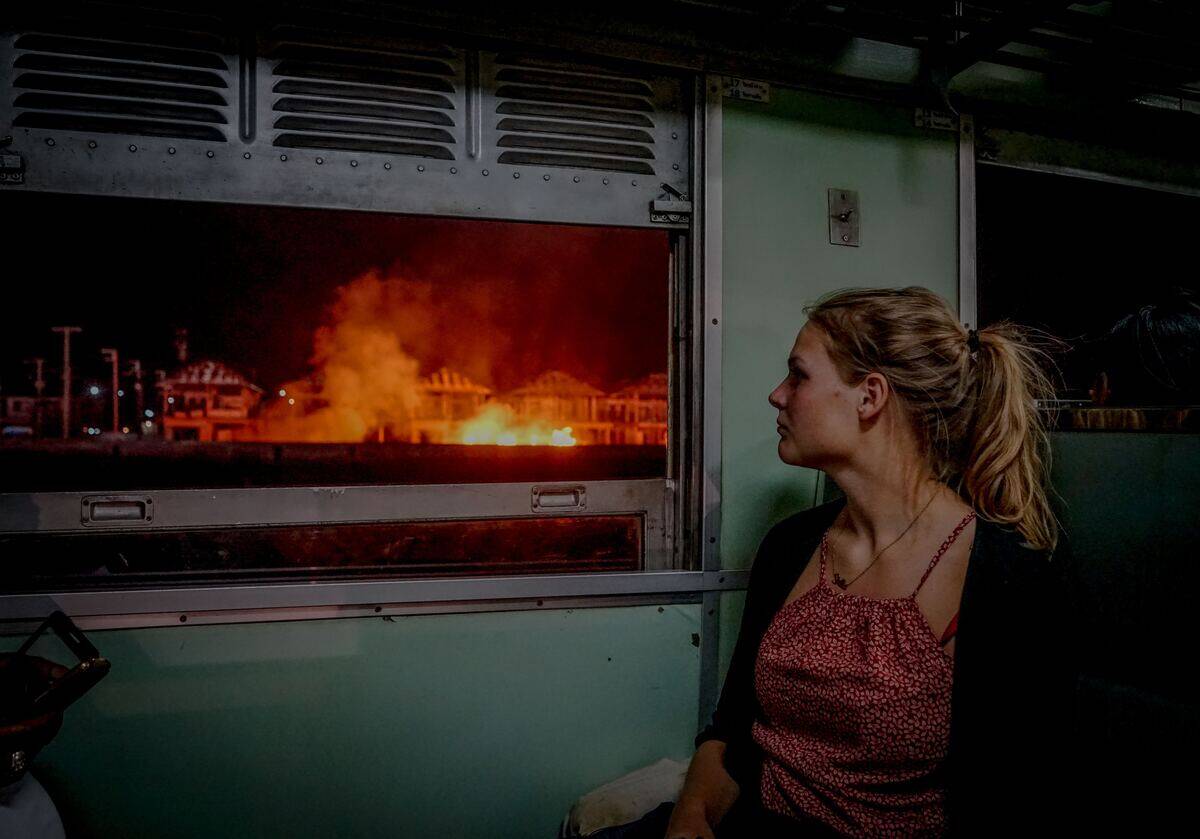
Inspector Sands is a code phrase used in the U.K. to alert staff that there is a fire hazard in the area. In response to a freedom of information request, Transport for London explained that an automated message summoning “Inspector Sands” plays when the fire alarm is activated in the London underground. It’s also used throughout the U.K.’s rail systems and airports.
When the phrase is declared, staff quickly
spring into action to investigate the area and alert fire services if the fire is genuine. The code phrase is intended to avoid panic among passengers, especially in cases of false alarms.
Code Adam

According to the Hawaiian government’s website, Code Adam is a child safety program first implemented in 1994 by Walmart associates. The program was created in honor of Adam
Walsh, a 6-year-old boy who was abducted from a Florida department store
in 1981. Code Adam serves as a
protocol for employees of certain stores and businesses to follow upon
the indication that a child may have been lost or separated from his/her
caregiver.
The employee will announce a “Code Adam” over the store’s
public address system, which informs all employees in the building
that a child has gone missing and that law enforcers have not arrived yet. The employee will then physically describe the missing child to those in the vicinity
while other staff members search the store and contact the police.
Operation Rising Star
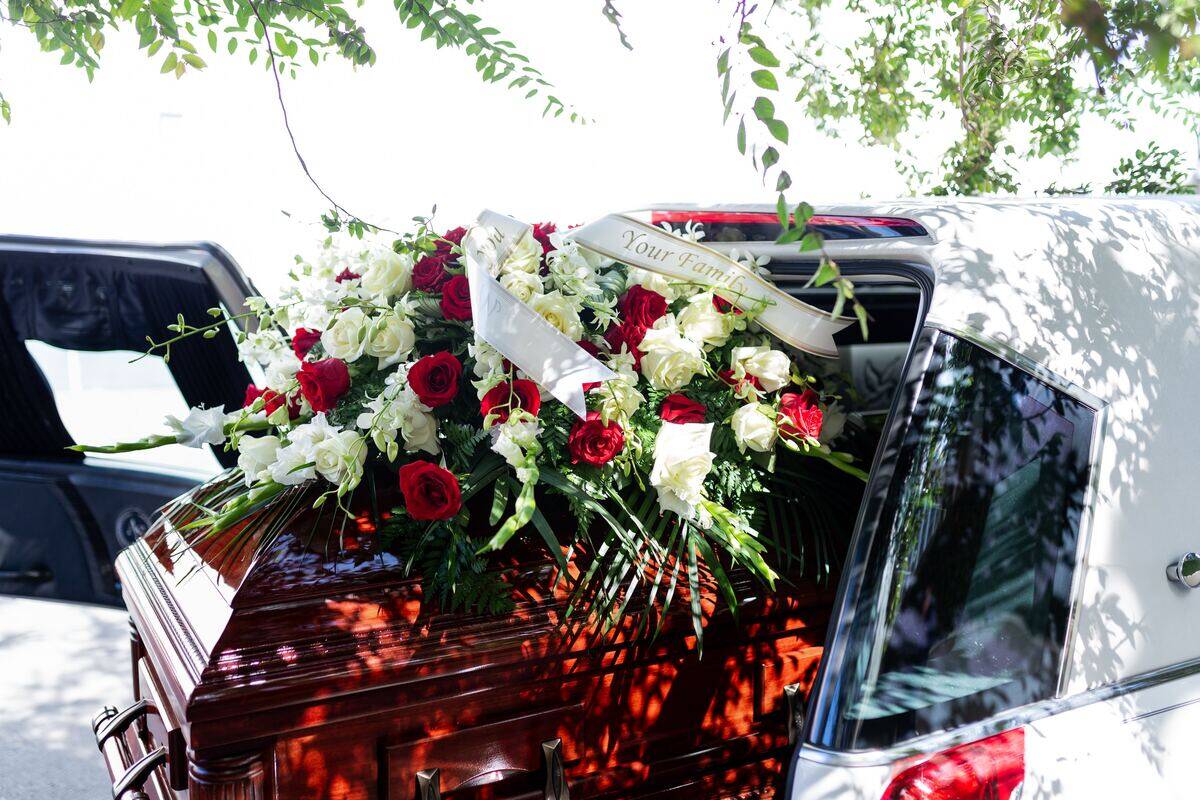
Although many secret codes warn authorized personnel about urgent situations unfolding in public places, the code “Operation Rising Star” usually informs cruise ship employees that the danger has already taken its toll.
According to ABC 33, this cruise ship code is supposed to indicate that a passenger has died. Or at the very least, that a life-threatening medical emergency has occurred.
Code 1 through Code 7
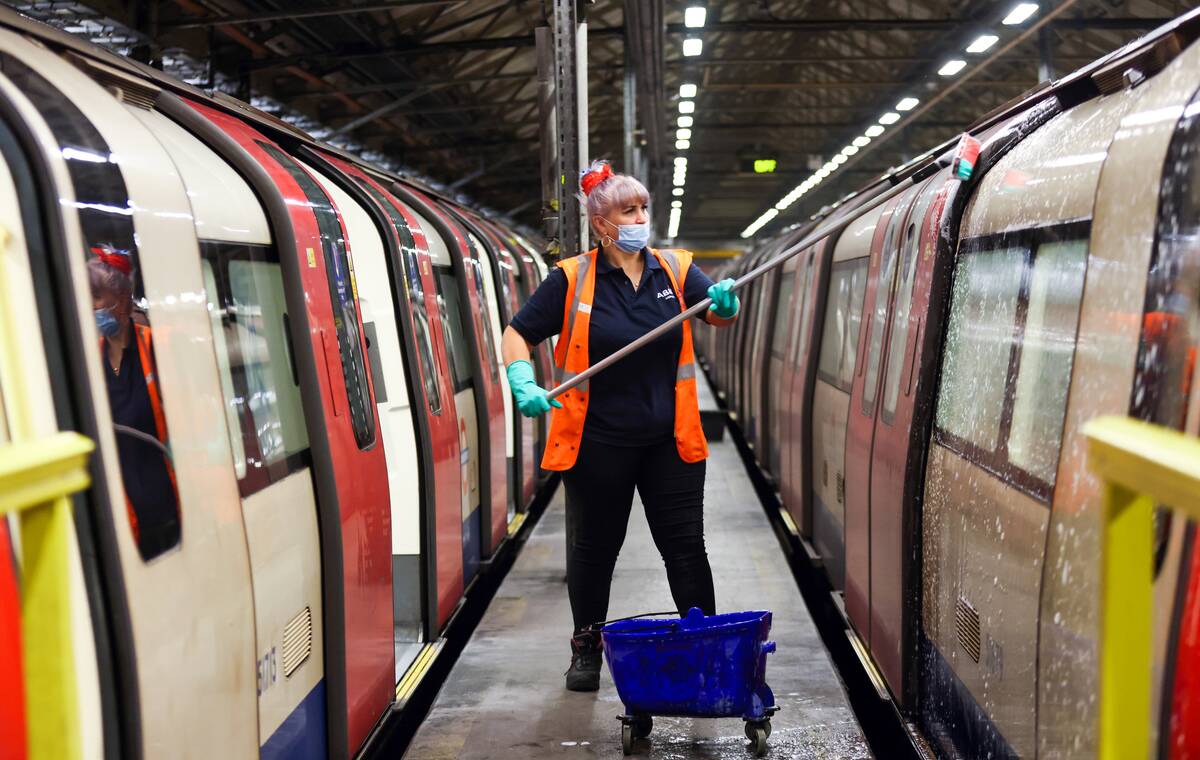
Time Out magazine reported that London Underground employees have a series of numbered codes intended to warn colleagues about the messes they need to clean up on a given platform.
To wit, Code 1 is meant to indicate blood stains, while Code 2 refers to urine and feces. Code 3 refers to vomit, and Code 4 indicates another liquid has been spilled. Code 5 refers to broken glass, Code 6 refers to careless litter from passengers, and Code 7 covers everything that doesn’t fit into these other categories.
7500
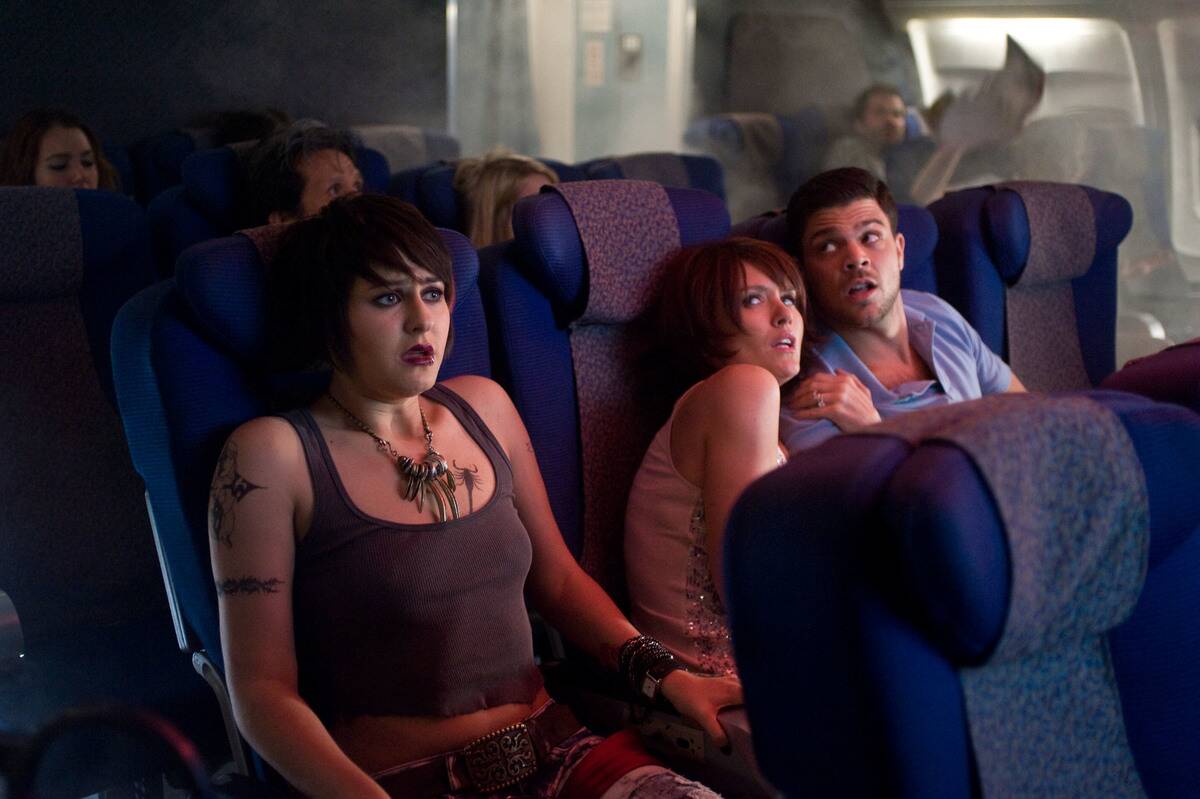
The number 7500 is an internationally recognized distress code used by pilots. It is used to indicate that the aircraft is under an act of
unlawful interference, such as piracy, hijacking, or sabotage. By using
this code, all other aircraft, air traffic control, and other entities
are alerted to the danger and can take measures to assist the aircraft.
According to the Spartan College of Aeronautics and Technology, pilots who use the 7500 code can expect fighter jets to assist and escort the aircraft to a military base.
Star Code, Mr. Skylight, or Alpha
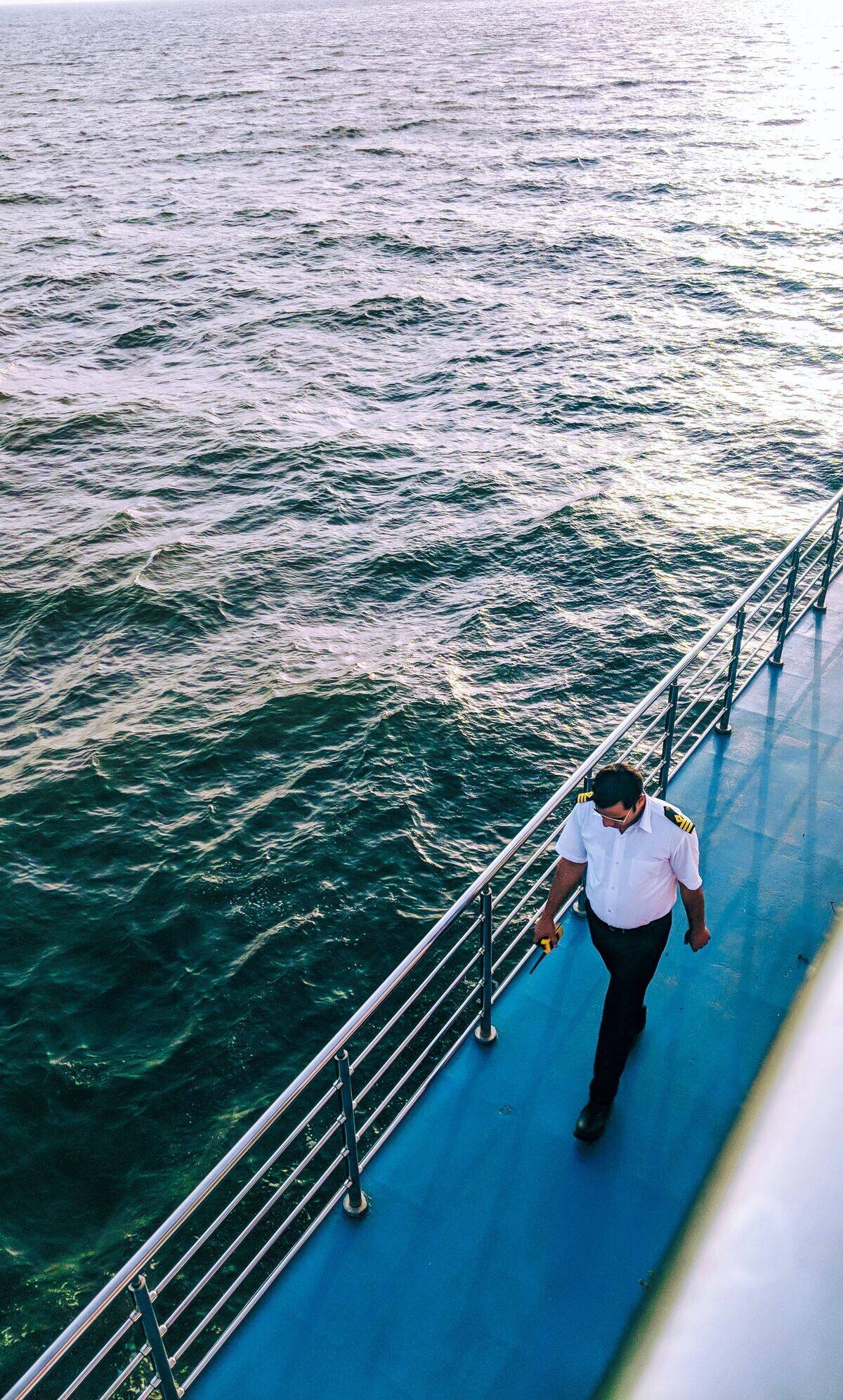
As The Daily Telegraph reported, which of these code phrases a cruise ship passenger is likely to hear over the loudspeaker seems to depend on the cruise line. However, they all refer to the same situation: A medical emergency taking place on board.
And that emergency is typically a life-threatening one as the well-known “code blue” warning heard in hospitals is also sometimes used on cruise ships for this purpose.
PEBKAC

PEBKAC (pronounced PEB-kack) is an acronym that stands for Problem Exists Between Keyboard And Chair. It is a polite way of implying that a computer problem is the fault of the user rather than the computer itself.
According to Lenovo, common examples of PEBKAC errors include people forgetting passwords, accidentally deleting files, mistyping URLs, or not regularly updating their software. In the right contexts, all of these can lead to issues that the user mistakes for a computer malfunction rather than their own errors.
Code 18

Its designation may make a Code 18 sound ominous, which is likely why the code phrase is used in the first place. But in reality, it’s another way for IT professionals to designate that a tech problem is the result of human error rather than a software or hardware malfunction.
As for why the code has that name, it’s because the average computer user sits about 18 inches from their screen.
Treasured Guest

As The New York Post reported, it’s not uncommon for Disneyland cast members to use the phrase “treasured guest” when referring to certain customers. Despite how it sounds, this name describes park guests who are unruly, rude, or otherwise causing problems for staff.
Although the name likely does prevent irate guests from becoming even angrier, the park’s policy against employees using negative or insulting language in front of guests necessitated this code phrase.
7700
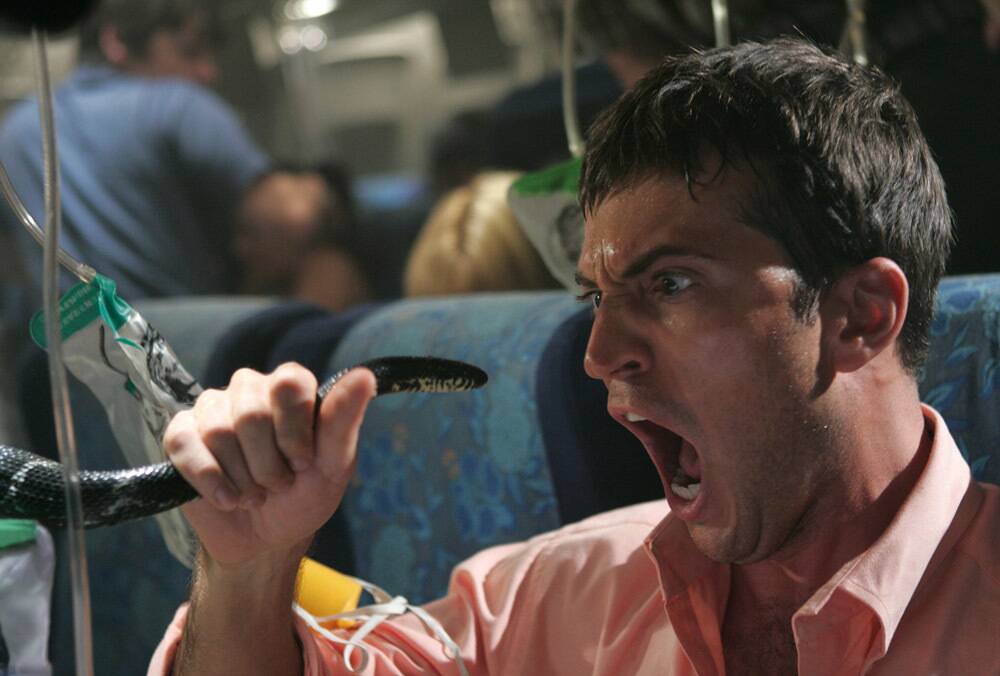
According to the Spartan College of Aeronautics and Technology, all available air traffic controllers will find themselves on high alert if a pilot enters the code 7700 into their radar transponder.
That’s because that code indicates that an emergency is unfolding, but that’s about all it’s telling people. 7700 is a code used for general emergencies that can encompass everything from medical emergencies to engine failures to loss of cabin pressure.
Code Red
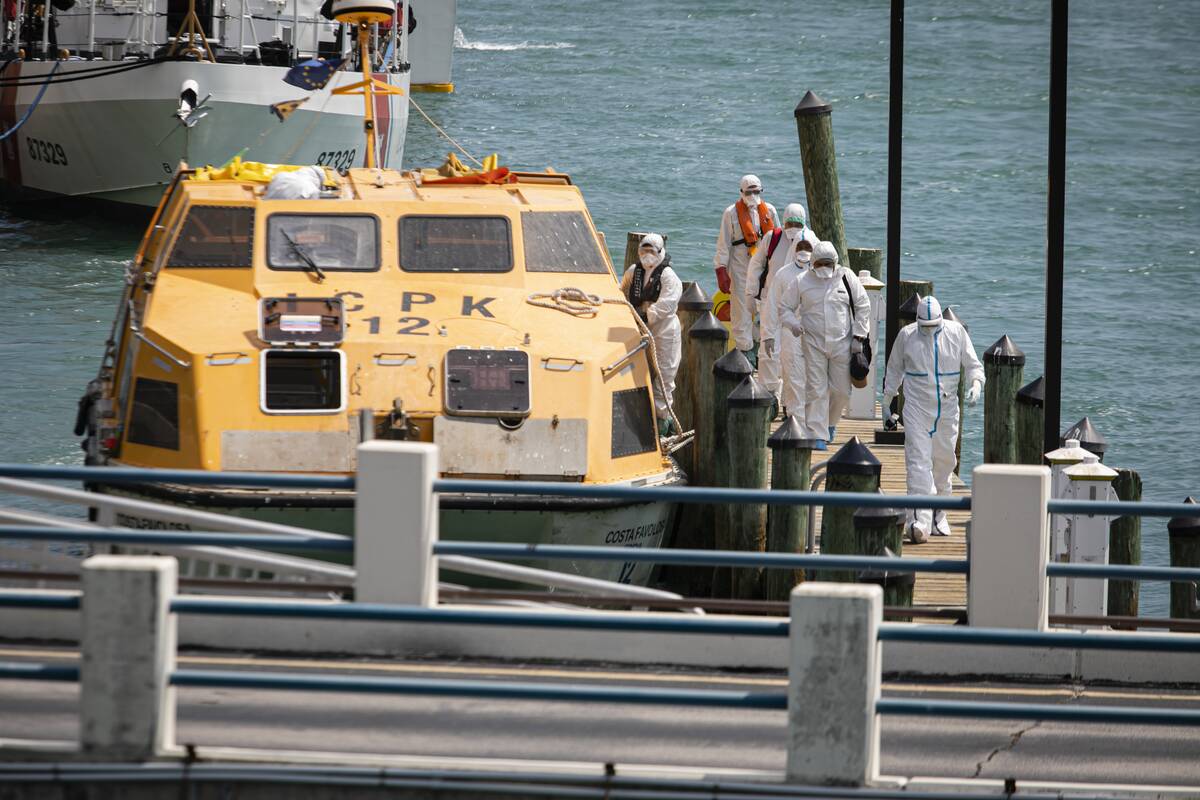
Although this is commonly understood to refer to any emergency, the term “code red” has a much more specific context among cruise lines.
The Daily Telegraph reported that this code phrase refers to an infectious disease outbreak within a given ship. This kind of alert typically signals that the ship will need a deep cleaning and that affected passengers should be quarantined.
Protein Spill or Code V
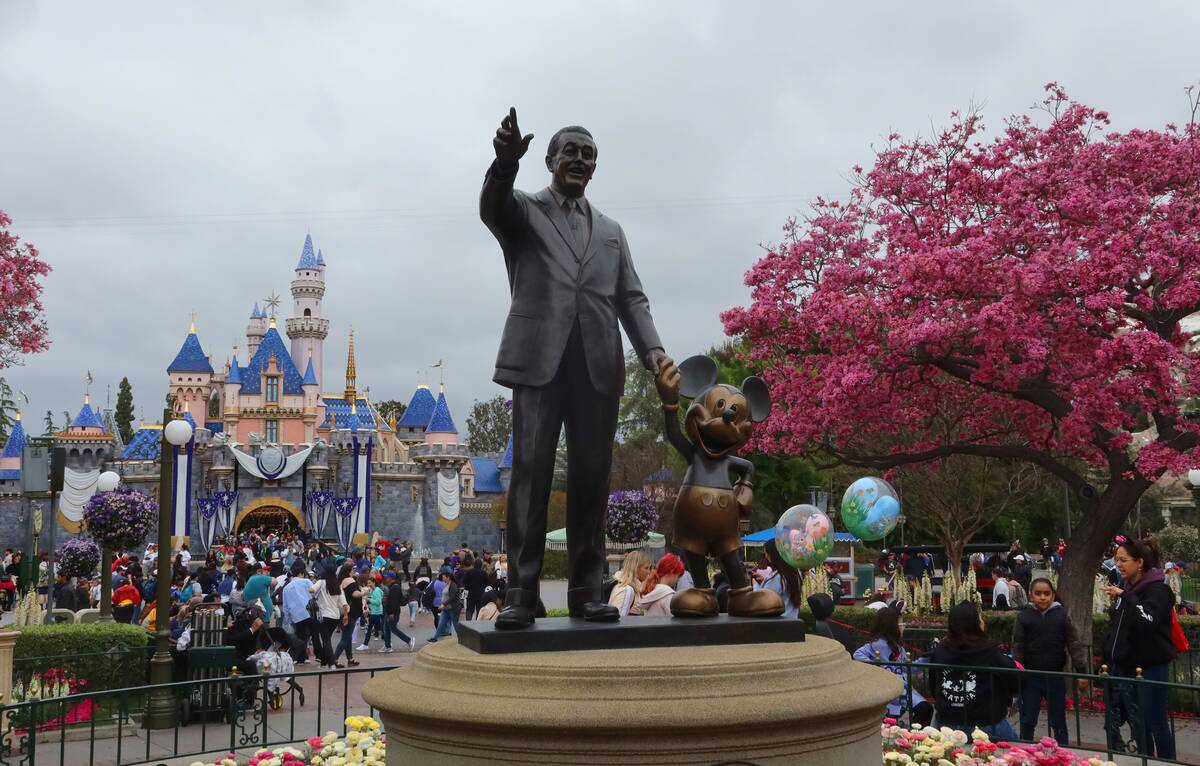
Given the target demographic of Disneyland and other Disney parks, hearing cast members mention a “protein spill” or a “Code V” is likely a fairly common occurrence.
According to The New York Post, that’s because these are the terms employees use for a guest vomiting on the premises. Thus, their “protein spill” creates a “Code V” situation until somebody mops it up.
Echo
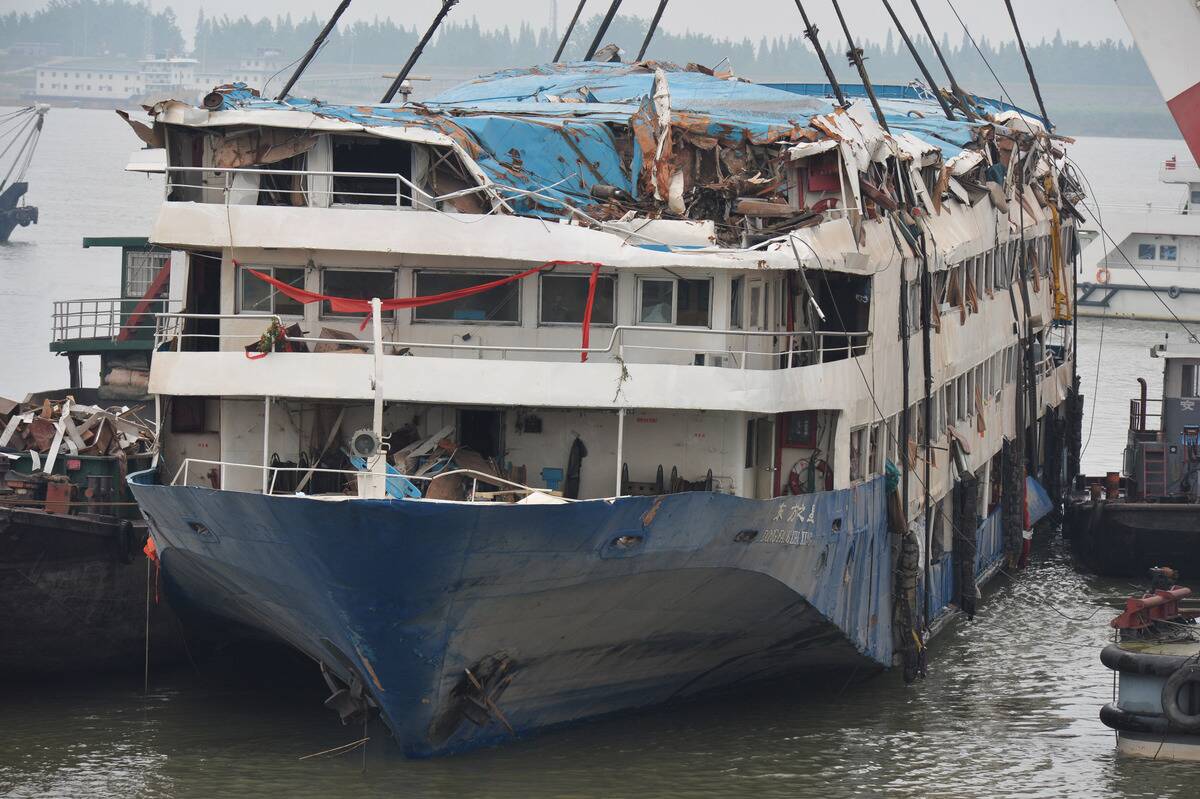
As The Daily Telegraph reported, the code word “echo” could refer to a variety of issues impeding a cruise ship on the way to its destination.
So if a staff member on a cruise liner says “echo, echo, echo” over the PA system, they could be warning others of high winds or warning that the ship is starting to drift. Worst of all, they could also be suggesting that it’s in danger of colliding with another vessel.
Code Bravo
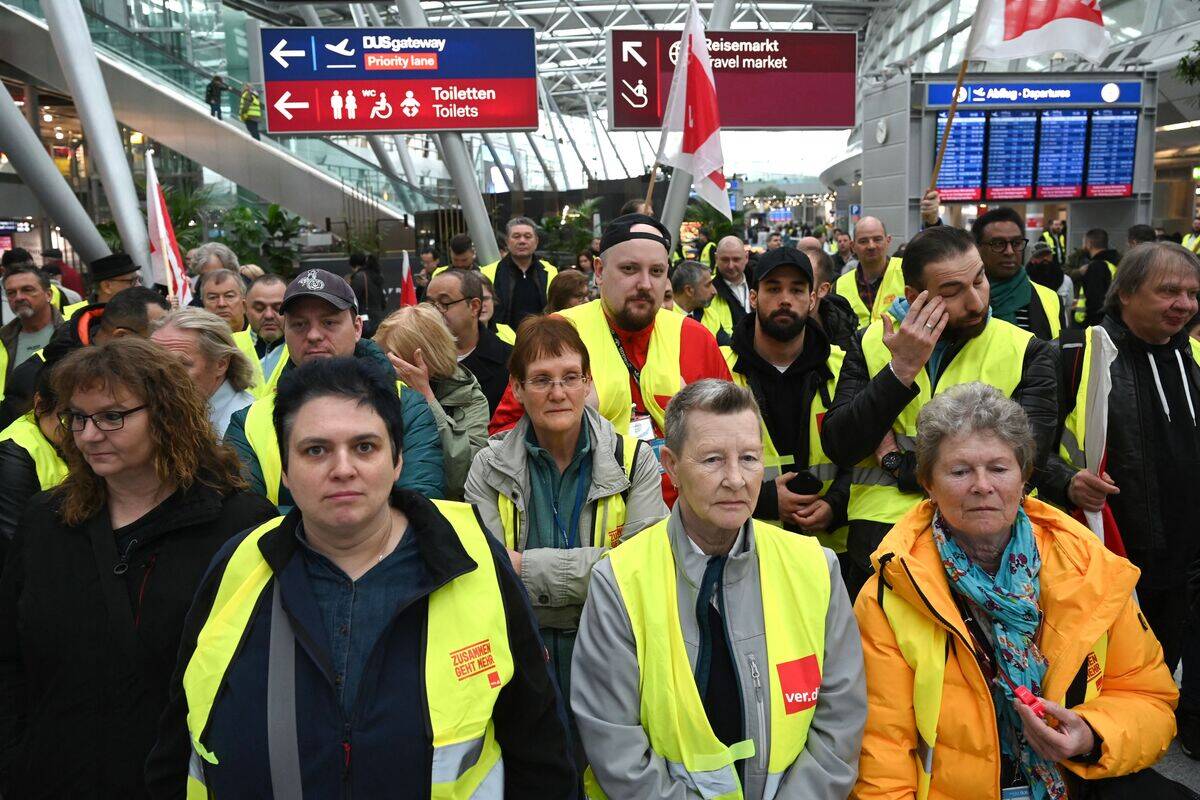
“Code Bravo” is an announcement made by airport personnel when there is a security threat or other emergency at the airport. This alert notifies
those within the airport of the situation and asks them to be cautious.
It also directs personnel to take action to address the threat or
emergency and request additional help if needed.
According to The Daily Express, a “code bravo” situation involving a suspicious person could see staff demand surrounding travelers to freeze in place. That way, whoever they’re looking for becomes easier to find.
7600
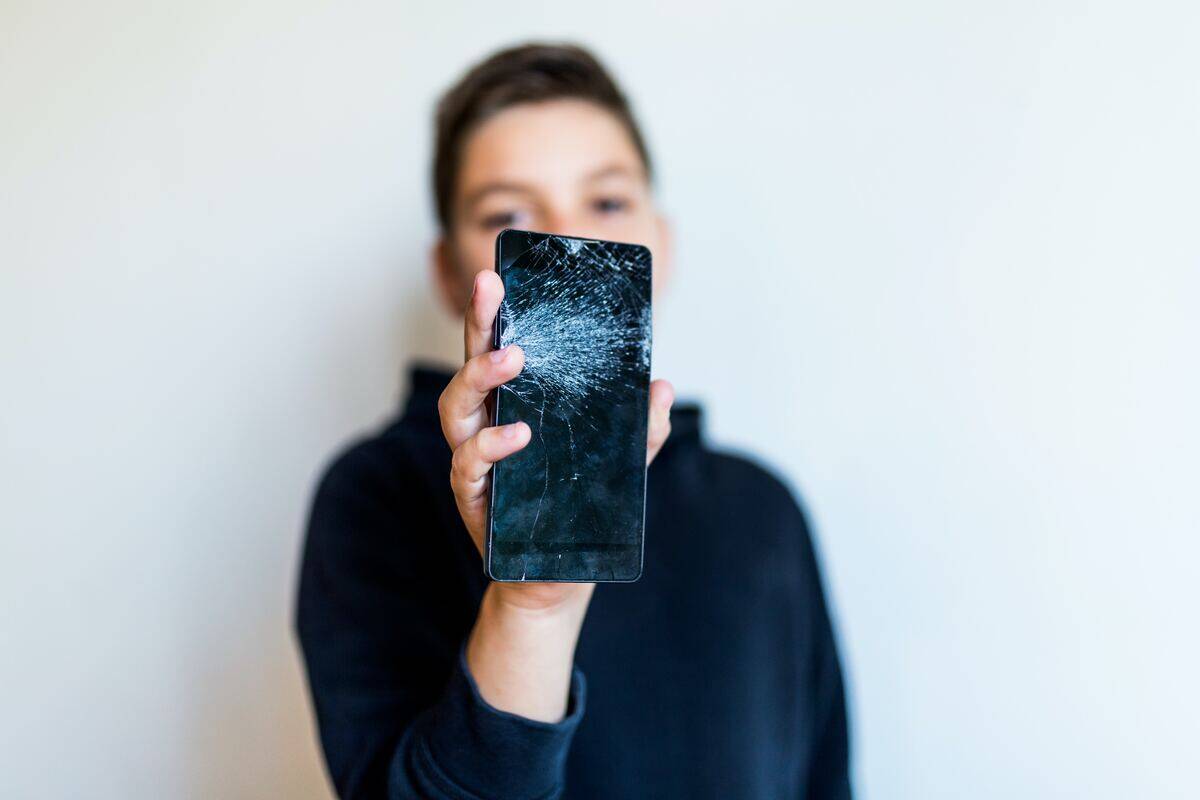
When pilots enter four-digit numeric codes like this, they do so via a radar transponder found among the plane’s radio equipment. And there are few codes more important to communicate during a flight than 7600.
According to the Spartan College of Aeronautics and Technology, this code tells the control tower that the pilot has lost its radio capabilities during flight and cannot communicate with the tower. That pilot then tries their best to land at the intended airport while those at the control tower coordinate with other flights.
Code Winnie

As The New York Post reported, this code phrase is typically used by staff working on Disney’s cruise line.
When a guest (usually a child) either urinates or voids their bowels in one of the ship’s pools, it’s known as a “Code Winnie.” After all, Winnie is usually called Winnie the Pooh.
10-80 and 10-79
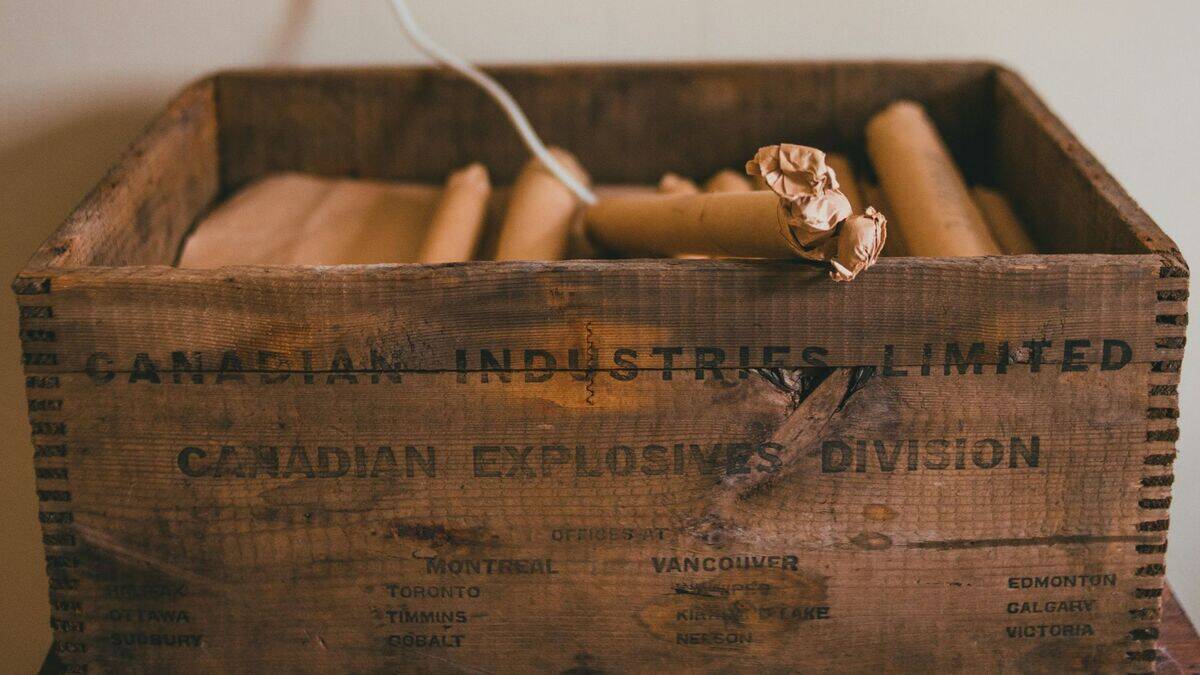
Many of the codes that someone on a police radio band might use begin with the number 10, but some of these codes indicate much more serious situations than others.
For instance, a list of police codes obtained by Stanford University lists the code “10-80” as describing a mysterious explosion. As for 10-79, this code indicates that a perpetrator has threatened to use an explosive that has yet to go off.
Disco Rice

As The New York Times reported, workers in the New York Sanitation Department have a few colorful code phrases for the discarded items and uninvited guests they deal with in people’s trash.
In the latter case, a bag that a sanitation worker describes as containing “disco rice” should not be opened by anyone who doesn’t want to see a bunch of maggots.
10-45
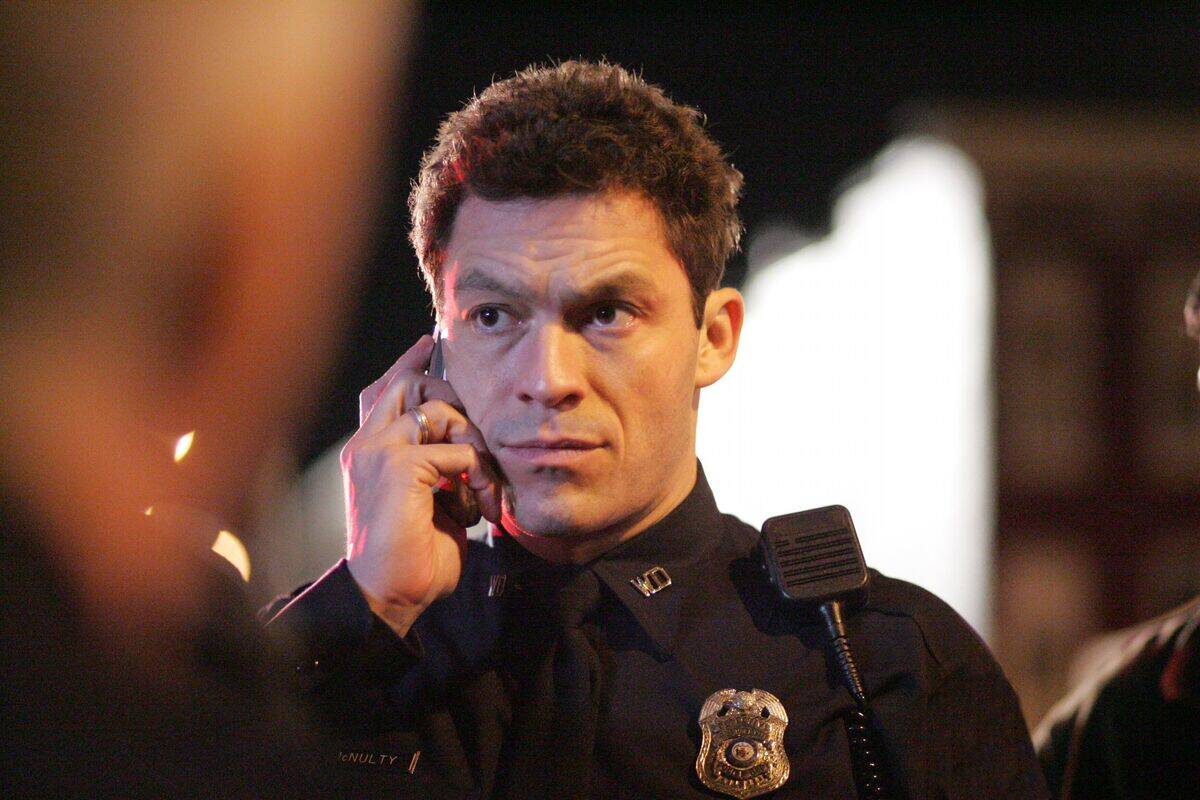
When assessing an injured party’s condition, police dispatchers will use the code “10-45.” Based on a list of police codes obtained by Stanford University, they can then expect to hear the same code followed by a letter from the officer on the scene.
If that officer answers, “10-45A,” it means the patient is relatively unharmed. If the letter B is used, it means the patient’s condition is serious. The letter C indicates that the patient’s condition is critical, while the letter D suggests that it’s already too late for them.
Charlie
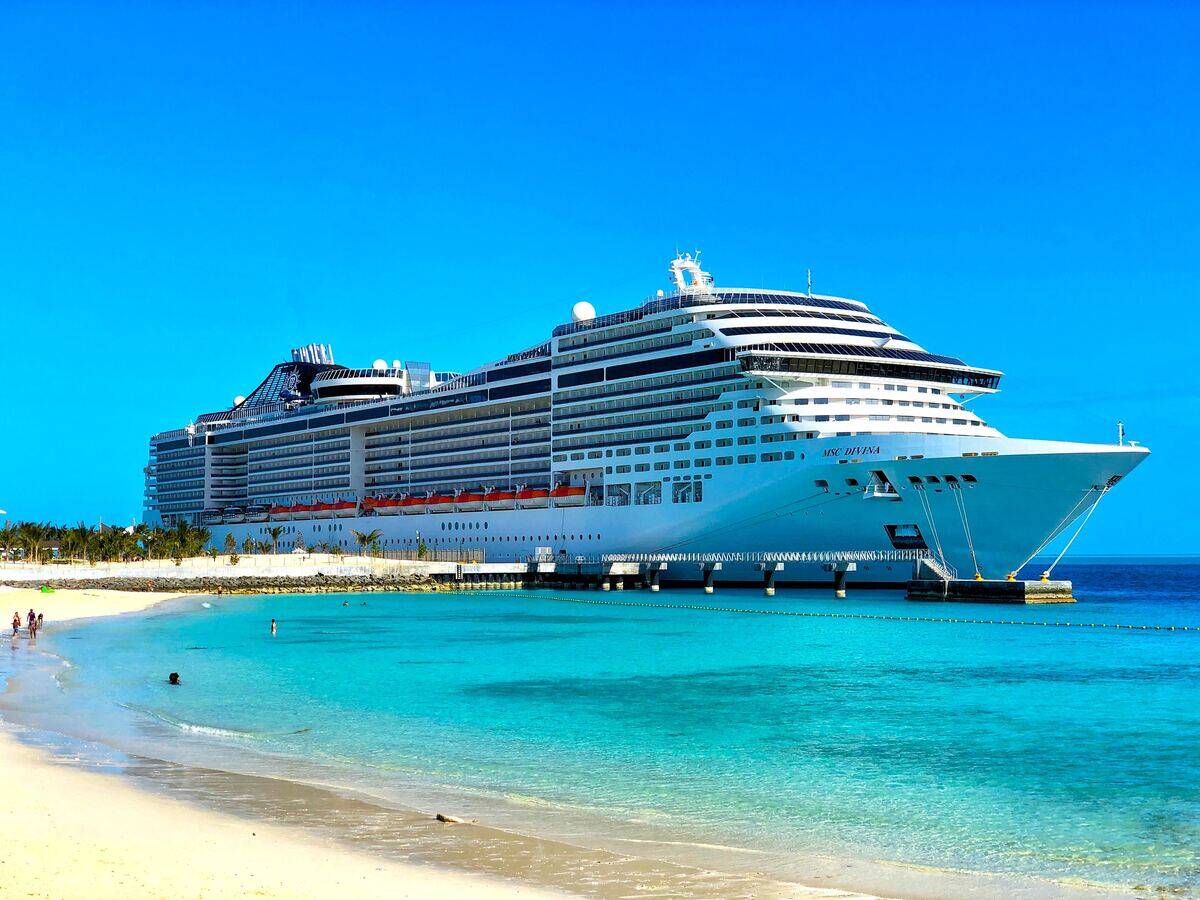
As ABC 33 reported, Charlie is one of the many emergency codes used by cruise ship crews to communicate potentially dangerous situations without alarming or disturbing passengers.
And the Charlie code is a particularly serious one because it indicates that a security threat has made it on board. It shouldn’t take much imagination to picture what that could mean.
10-91
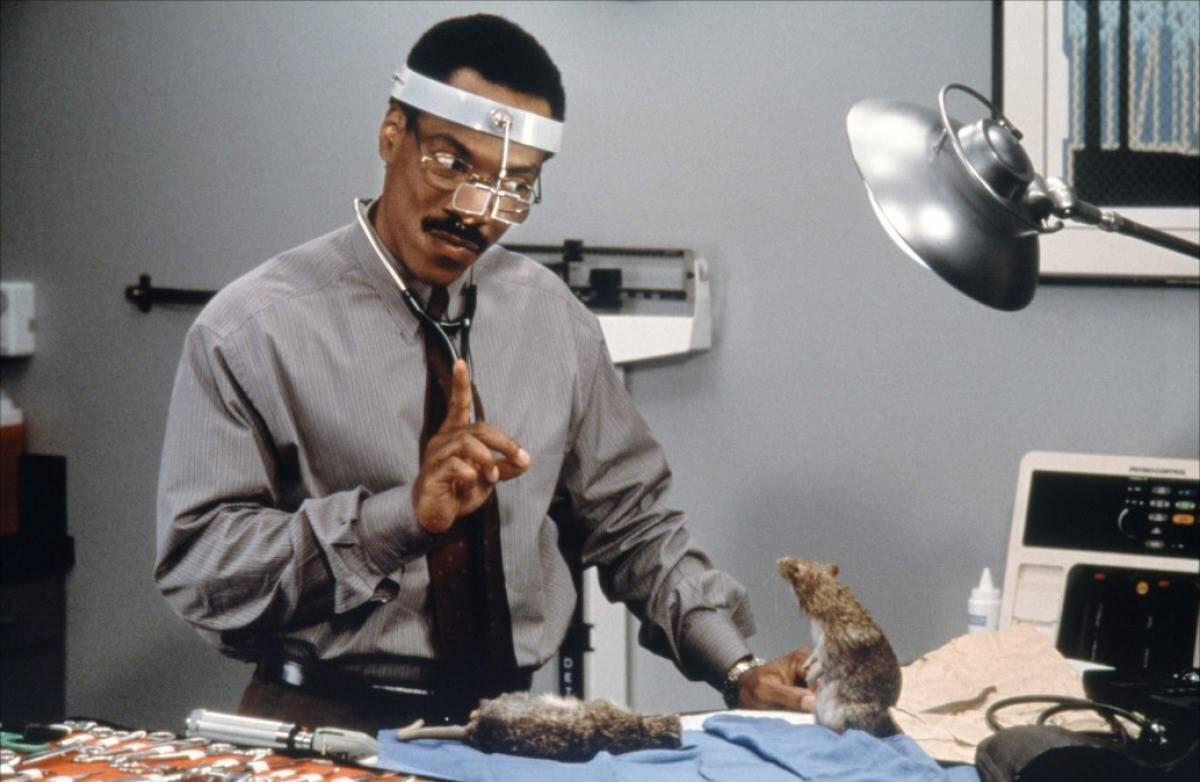
According to Stanford University, anytime a police officer uses a “10-91” code on their radios, they’re referring to an animal. However, that animal’s status depends greatly on the letter code that comes after that number.
For example, a “10-91A” refers to a stray animal, while a “10-91B” usually refers to a neighborhood pet making a lot of noise. Other codes in this category can refer to stray horses (H), animal bites (E), vicious animals (V), injured animals (C), and creatures who have passed away (D).
Zulu

Although many of the cruise ship emergency codes that use military letters refer to undesirable phenomena that found their way aboard, the “Zulu” code indicates that passengers who are supposed to be there aren’t getting along.
Specifically, a Zulu code heard over the ship’s PA system is a warning to the crew that a fight has broken out on board.
Red Party
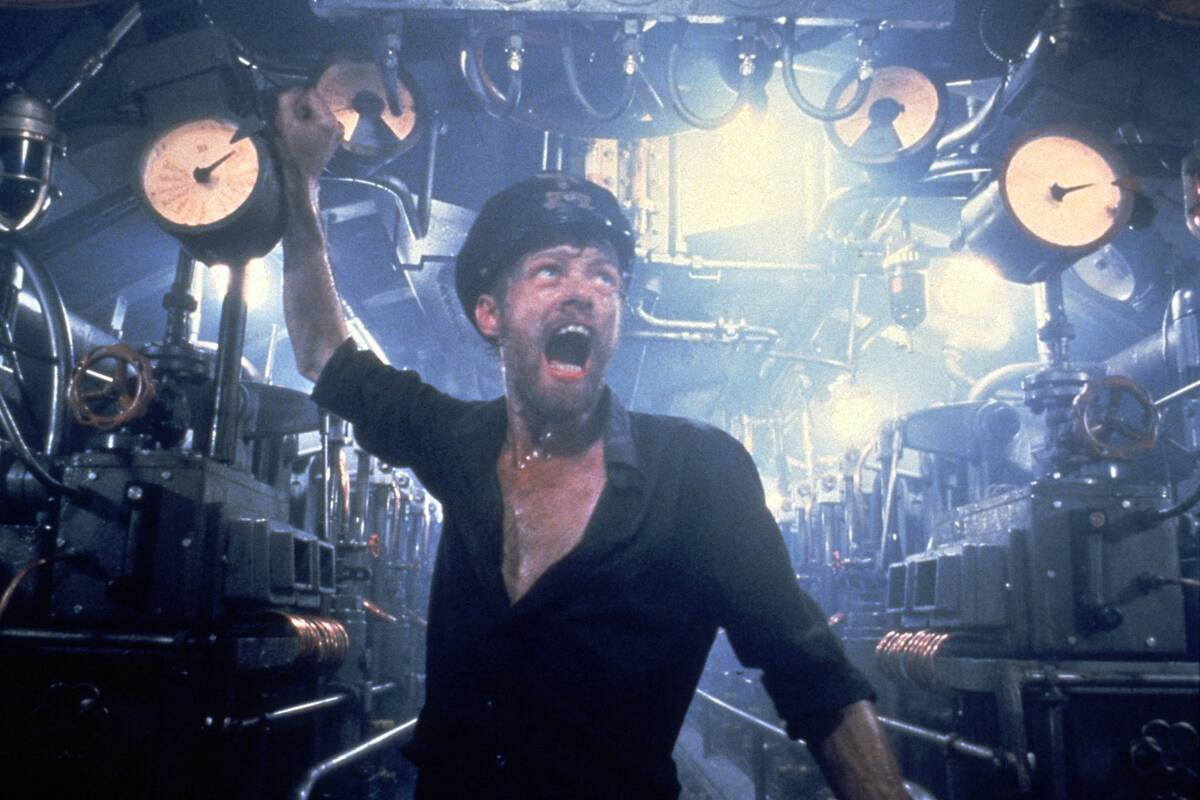
Although Royal Caribbean cruises do genuinely feature a social event known as the Red Party, that isn’t what this code phrase typically means on cruise ships.
According to ABC 33, a message warning of a “red party” on a cruise ship loudspeaker usually indicates that a fire has started on board. The military letter “Bravo” is also sometimes used to describe this situation.
Purell
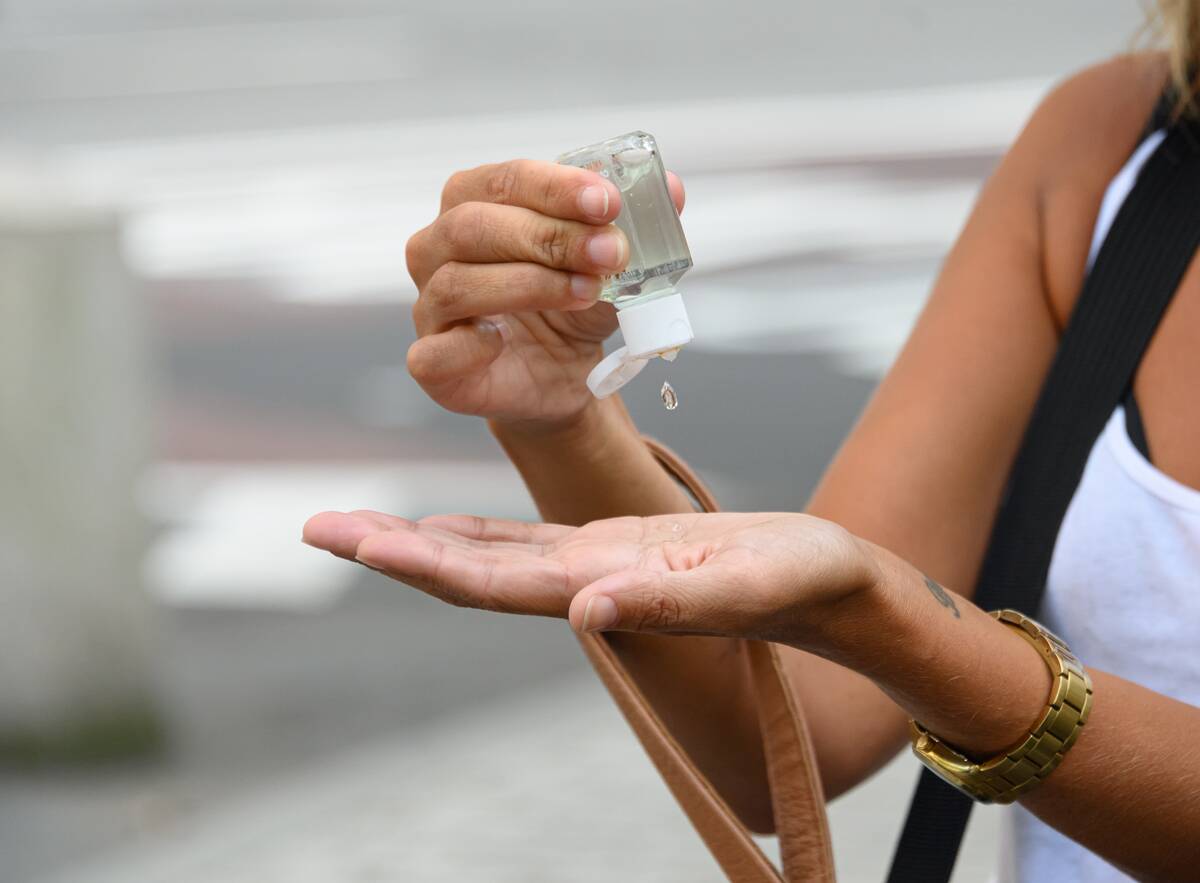
If cruise ship passengers hear someone say “Purell, Purell, Purell” over the ship’s PA system, it’s not meant as an impromptu advertisement for the hand sanitizer manufacturer.
Instead, ABC 33 reported that they’re actually requesting a cleanup from their fellow crew members because some of the passengers have made a big mess in a public area of the vessel.
White Powder Alert
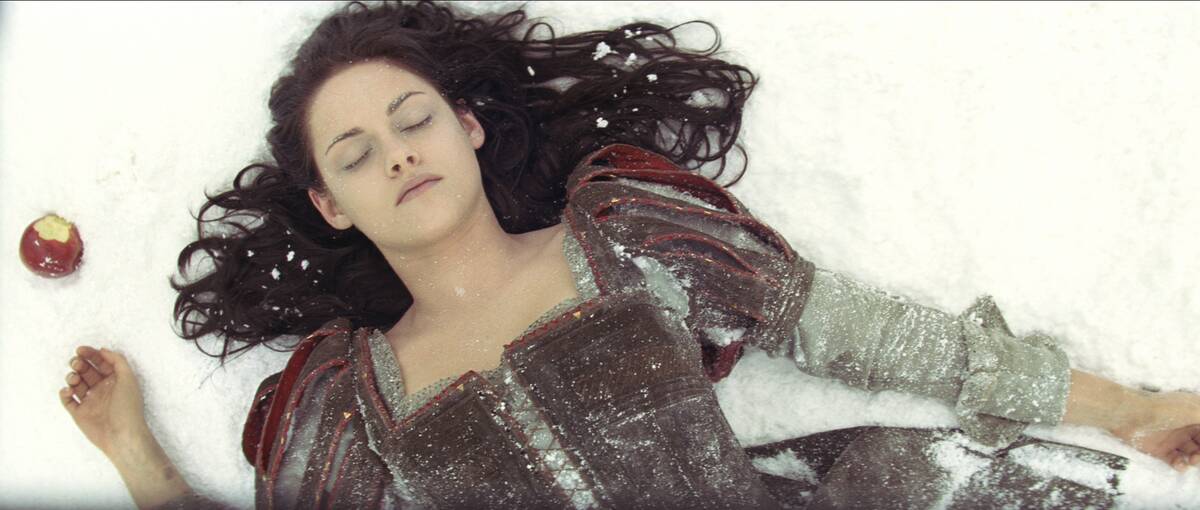
At first glance, this Disneyland code phrase sounds like it refers to an emergency involving a dangerous white powder. But cast members aren’t referring to anthrax or any other illicit substance when they use this phrase.
However, what they are describing is just as sensitive. According to The New York Post, it’s not unheard of for guests with a departed loved one to scatter their ashes at a Disney park illegally. Until those ashes are cleaned up, they constitute a “white powder alert.”





